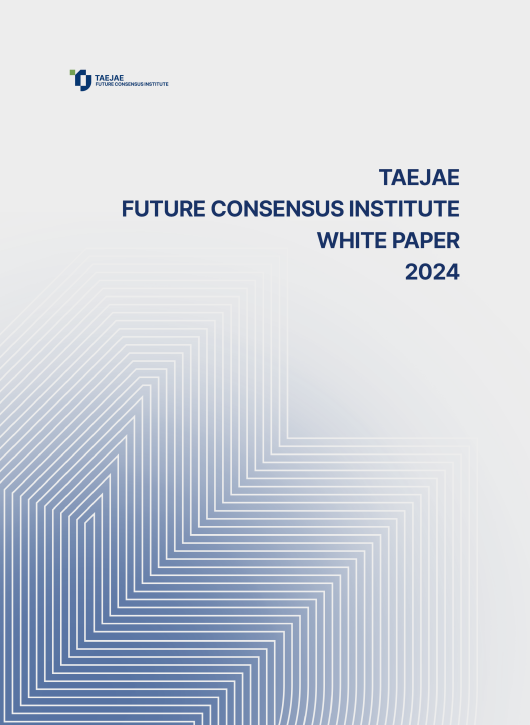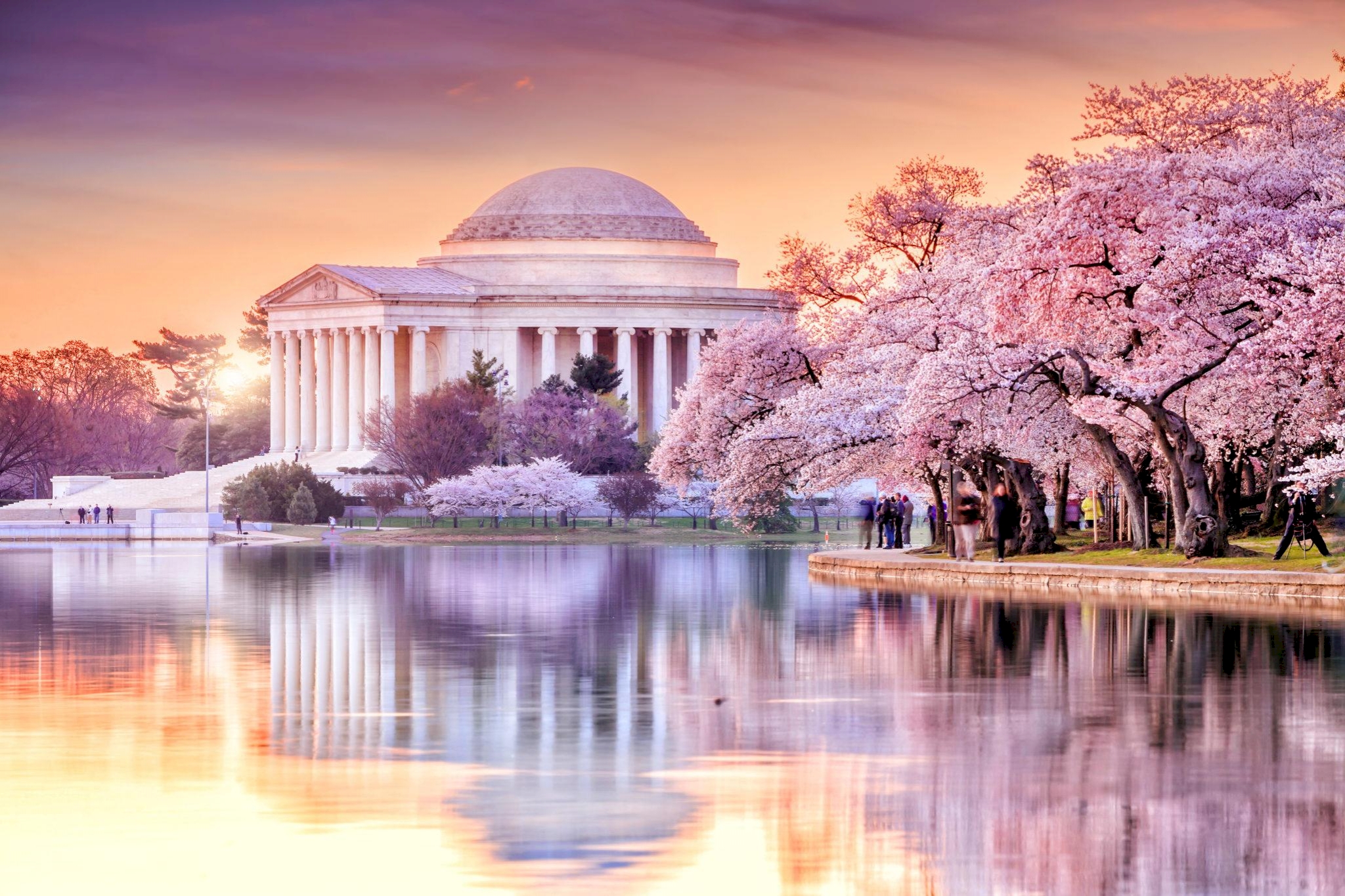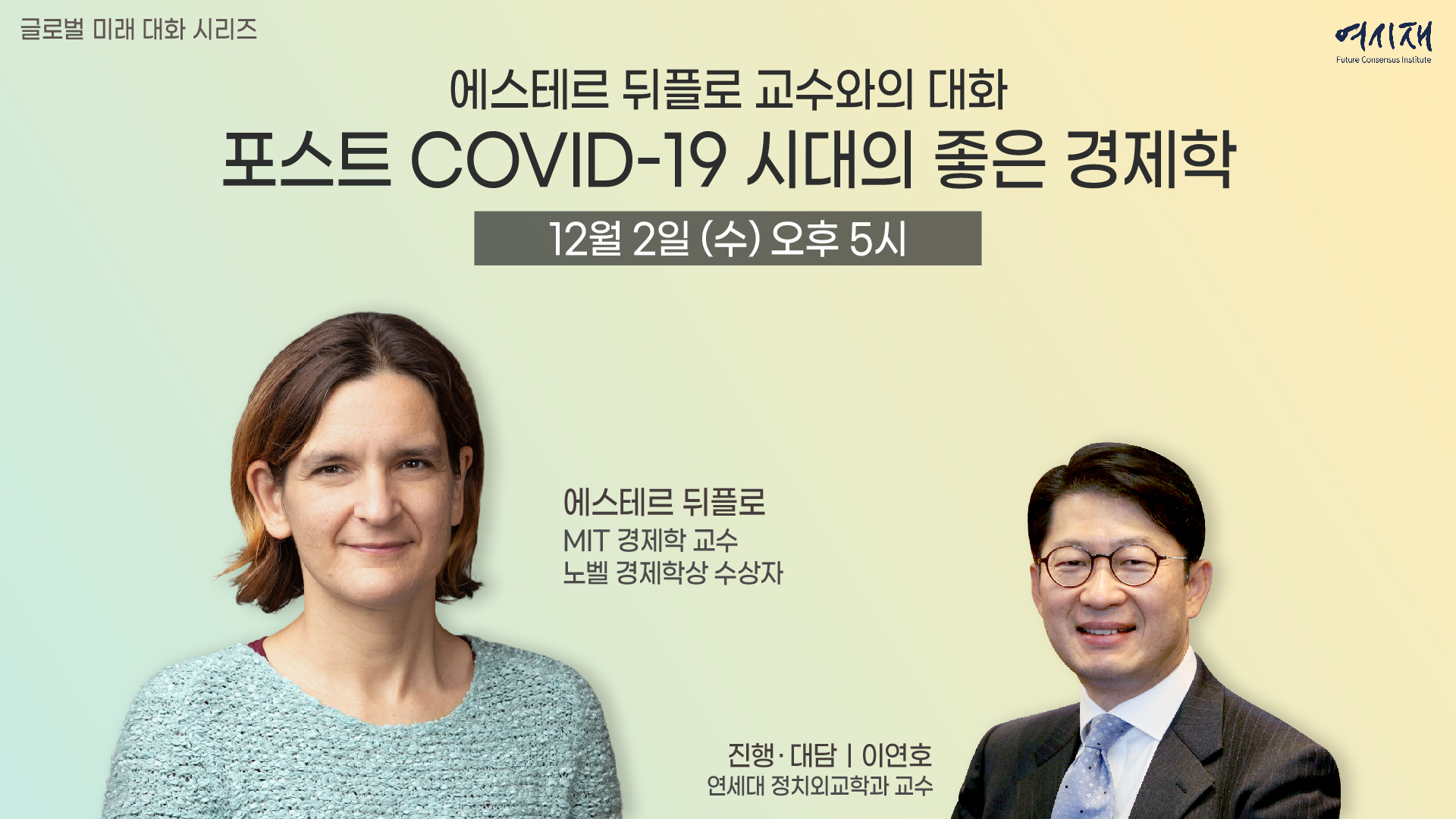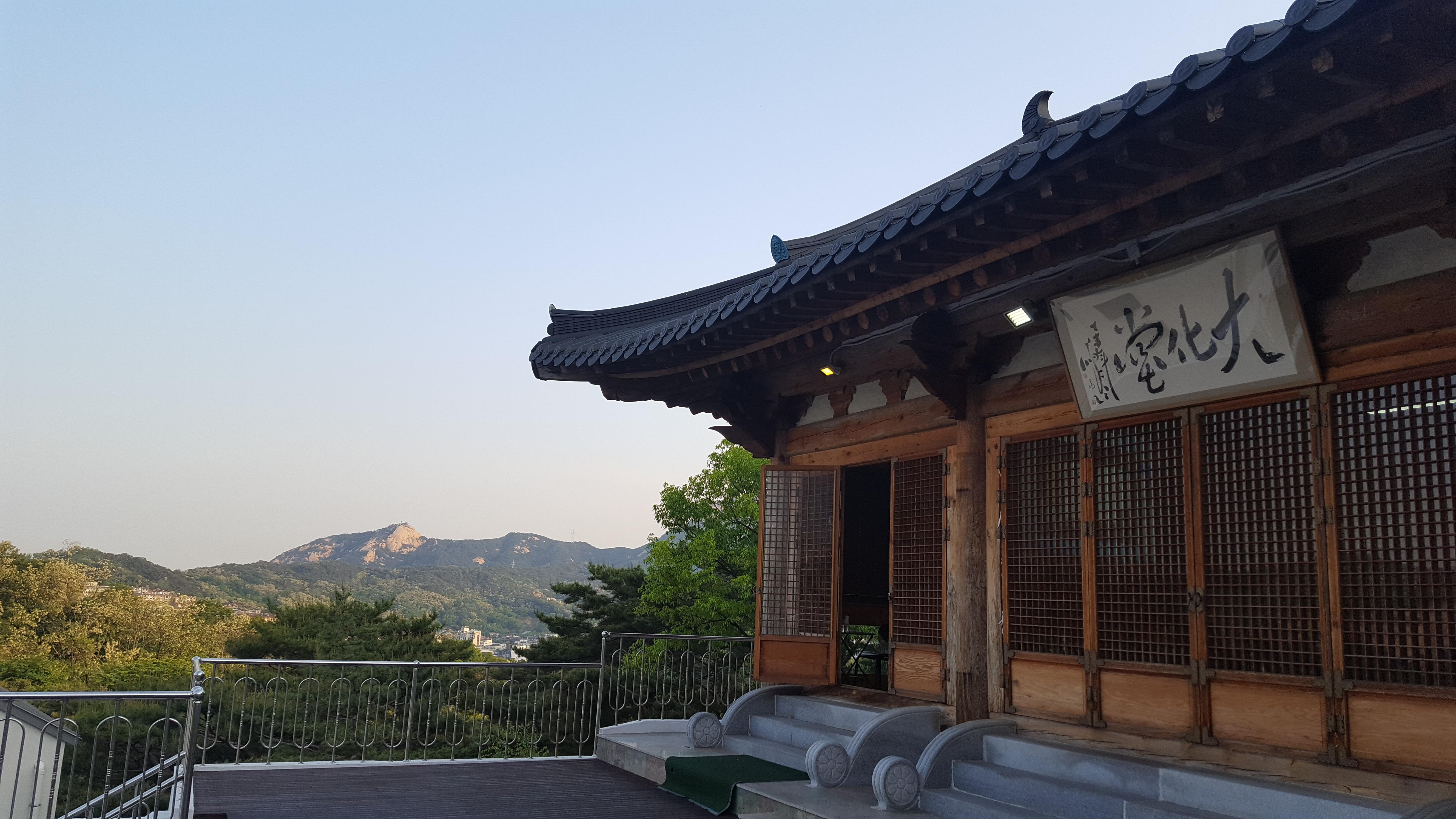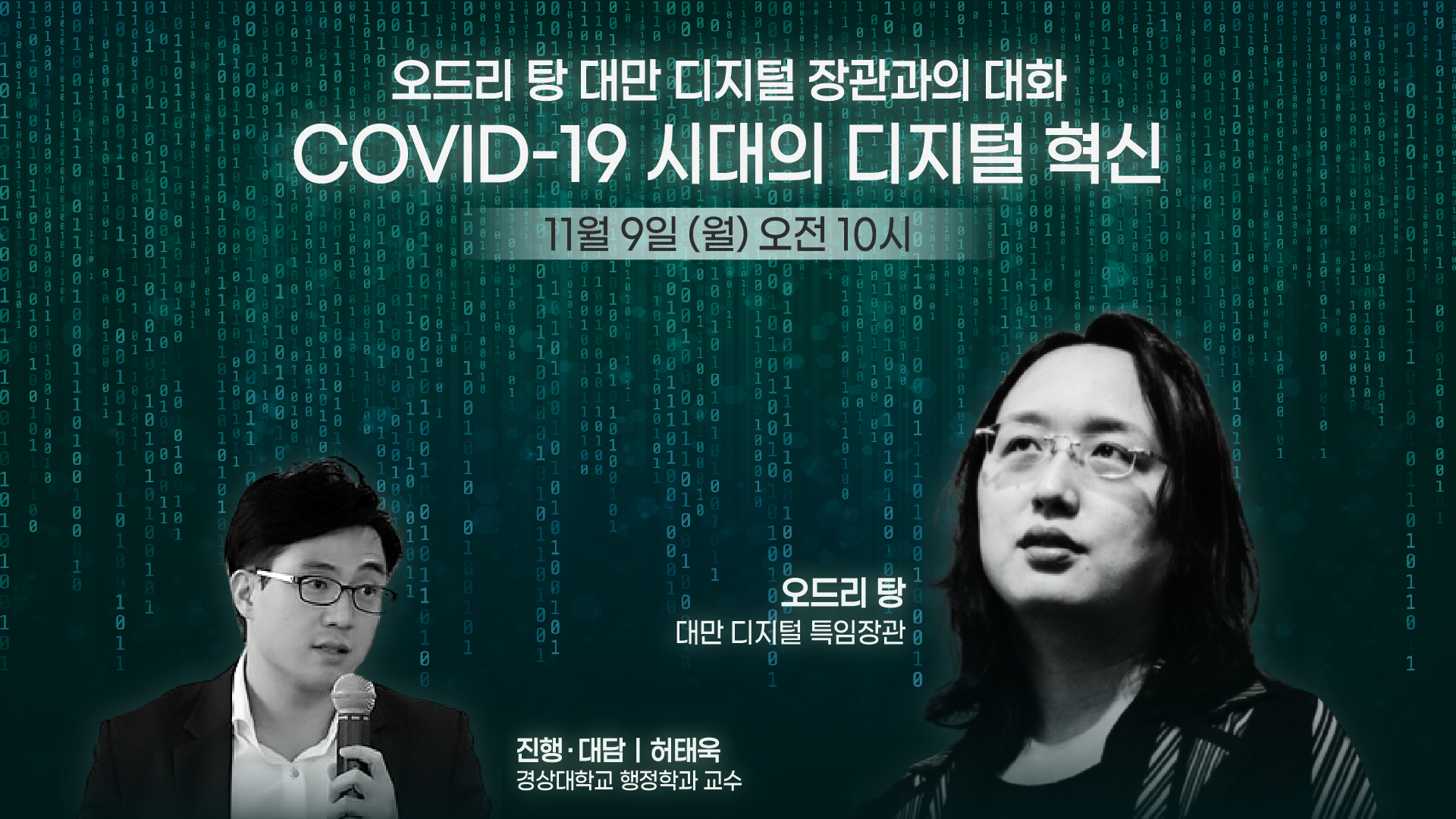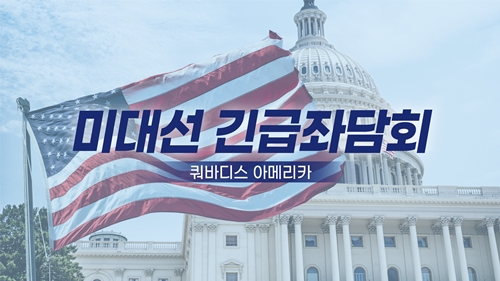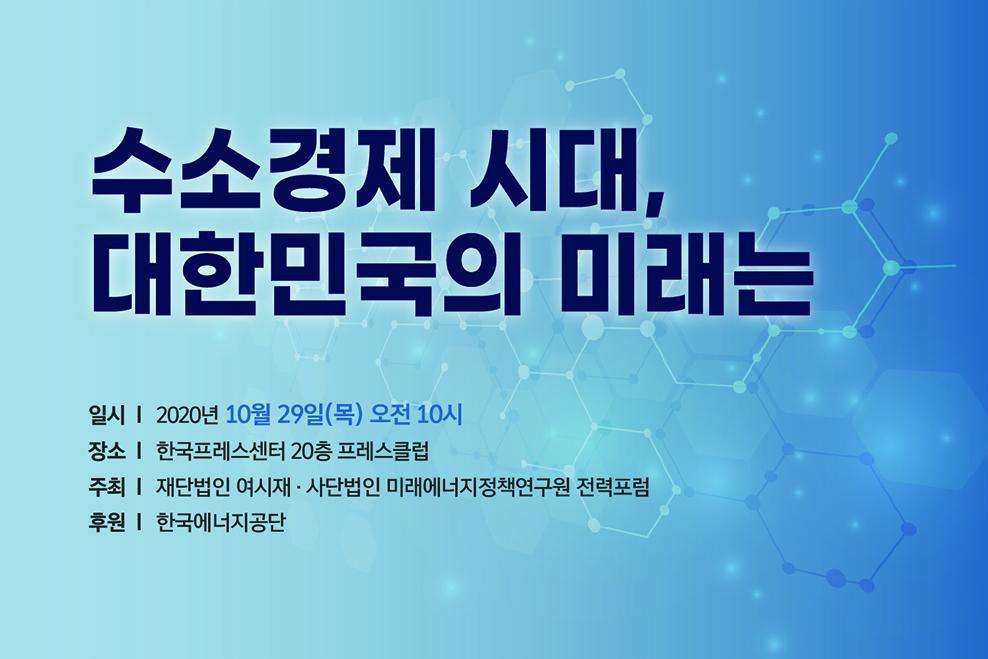Please join Yeosijae as we build a brighter future for Korea. Create your account to participate various events organized by Yeosijae.
- Insights
- |
- Future Industries
[Interview / Sung-Sik Kim (Former Member of the National Assembly)] “Coalition politics is the only solution to South Korea’s woes.”
Interview with Yeosijae Distinguished Fellow Sung-Sik Kim—Returning to the discussion on coalition politics
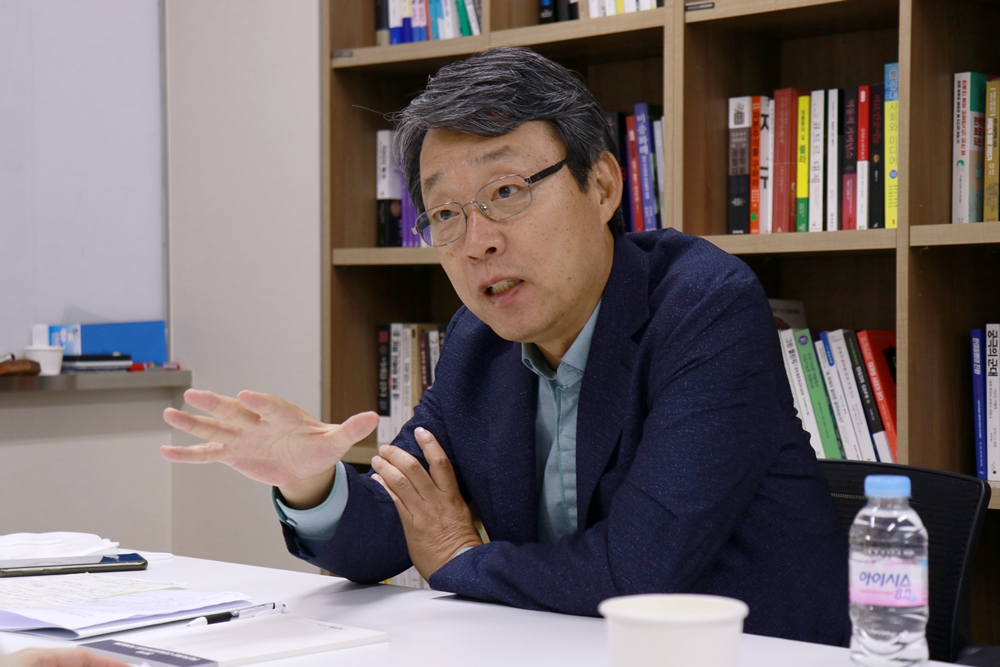
Many people say that we are living in an era that demands a great transition. Though we need our government to guide us through this transition, we are, instead, seeing the political divide widen with the rise of political fandoms. The middle ground no longer exists, and people are convinced that only their side of the argument is correct, while others are completely wrong. And like a ship setting sail for the open sea without its ballast water, our most important national agendas are being “swept away” by the waves and currents right in front of our eyes.
So, how do we address this problem, and what do we need to focus on now? To answer these questions, Yeosijae met with Sung-Sik Kim, a former member of the National Assembly and a supporter of centrist reforms and bipartisanship in politics, for an interview.
Kim was a member of the 18th National Assembly when he called for reforms in the political system and left the ruling party (then Hannara Party) in 2011. He was re-elected in 2016, during the 20th legislative elections, as a representative for Gwanak A under a different party (the People’s Party). He ran for elections again in April 2020 but was defeated by a candidate from the current ruling party. Kim is recognized as a thought leader on the economy by both the ruling and opposition parties. During his tenure in the National Assembly, he served as a member of the Strategy and Finance Committee and the Special Committee on Budget and Accounts and the head of the Presidential Committee on the Fourth Industrial Revolution to lead discussions and promote the development of legislation. He is currently a Distinguished Fellow at Yeosijae.
Yeosijae sat down with our Distinguished Fellow Sung-Sik Kim to discuss what direction South Korea’s politics should take amid the COVID-19 pandemic and digital transition.
“Where do we stand now?”
Q. Where do we stand now?
A. Because the COVID-19 pandemic has lasted longer than anyone has expected, the coronavirus situation has taken over the public discourse in South Korea. However, warning indicators have signaled potential problems long before the pandemic, and this alarming trend has only accelerated with the onset of COVID-19. I believe that we are at a point in time where we must make reflections on human exploitation of nature and search for a new way forward. At the same time, we need to tackle structural issues that have been raised before the COVID-19 crisis.
South Korea is a nation that has achieved both industrialization and democratization. How many formerly colonies have achieved such a feat? The diligence of our people was what made this unique accomplishment possible, and this is something that we should take pride in. However, it is also true that this success has delayed reforms on our economy and public governance. In a sense, we were caught in a “success trap.” South Korea failed to look beyond industrialization and democratization, to facilitate the transition into an innovation economy, bolster its social safety nets, and pursue productive politics. And because administrations throughout the years have responded to this situation with only jerry-rigged policies, these problems have accumulated to become the “underlying conditions” of our society. Though it had been quite difficult, South Korea was able to overcome the 1997 Asian Financial Crisis. However, we did not make subsequent efforts to replace outdated growth engines with new ones. As a result, South Korea is now losing its competitive edge across all sectors except semiconductors, batteries, and a few others. On the social front, we are headed for a society with fewer opportunities without the necessary social safety nets to provide systematic support. Moreover, we face challenges in that our politics of confrontation only serve to exacerbate issues that require extensive work to be resolved. And with the unexpected blow of the COVID-19 pandemic, our problems have become much more difficult to address.
“Politics of exclusion and monopoly can no longer solve the problems of the present.”
Q. Let’s discuss politics first from the three aspects you have just mentioned. From what you have described, it seems like politics is at the center of this new era of intense political polarization.
A. If our political system remains as it is today—with political polarization, exclusion, and monopoly of power—the government will not be able to tackle national challenges and improve people’s livelihoods. We have to change our political paradigm, and I believe that a coalition government is just what we need to make this happen. European states and other advanced countries have been using the coalition strategy to cooperate on things from policies to a coalition cabinet. Every surgery has its own risks. So if we were to perform a “surgery” to remove problems from our political system, we are bound to face resistance from those who do not agree with the procedure. However, if we must undergo surgery, we have to make sure that the operation is done properly and successfully. And right now, we have more than a multitude of complex problems that cannot be solved by a single party or an administration.

(Sources: Left- National Archives of Korea / Right- KBS)
“Now is the time for a coalition government”
Q. We were able to introduce a direct presidential election system in Korea and were even able to impeach a president. Are they not signs of progress in our politics?
A. Of course, there are signs of progress. However, we have not made any progress beyond those examples to adapt to new circumstances and challenges. In the meantime, hostility grew among South Koreans. Since the Democratic Uprising in 1987, we have conducted nine general elections. On average, South Korean voters replaced over 40% of their incumbents with newly elected officials. There have been seven presidential elections as well. The balance of power has shifted many times over the years between the parties. Have we made any improvements to our political system in this process? I would say, not so much. Then what we need to do now is to make the best of this opportunity to change our gears. I agree that shifting the balance of power and introducing new faces to the political landscape is important. But is it not also true that efforts to improve our political system should take precedence over those actions? Right now, we are not asking these critical questions about our political system. We need a paradigm shift to move us away from a politics of exclusion and monopoly. Now is the time for us to form a coalition government, to bring both parties together and make non-partisan efforts to address key issues in South Korea.
The difference between politics and administration is that politics “brings people together to make progress happen.” However, our political system has not changed fundamentally over the past decades. Ideological conflicts and division have, instead, created a system that encourages parties to fight for political dominance. And this kind of politics can only exacerbate problems, fuel public anger, and increase distrust and division.
We must think back to why President Roh proposed a grand coalition during his presidency. After the halfway mark of his term, he found that a grand coalition was the only option for the government to make major reforms in our political system. He was willing to hand over the presidential right to appoint the prime minister to the opposing party in exchange for their cooperation in the coalition. In short, his suggestion was for parties to come together to address the challenging tasks that we face and share the responsibility for the outcomes.
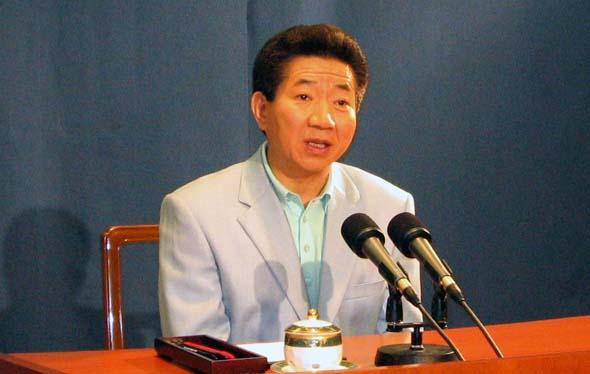
the national electoral system in an emergency press conference in 2005. (Source: Ohmynews)
“We need to discuss coalition politics in the next presidential elections.”
Q. President Roh’s proposal was rejected after facing backlash from both the governing and the opposition parties.
A. The political landscape at the time made it difficult to make it happen, and the same can actually be said about South Korea today. It is not like we have adopted a formal multi-party system, and the political divide seems to widen with every election. Right now, the ruling party has unprecedented control over all assembly committee chairman seats. Under these circumstances, it would be a tall order to expect any progress on a coalition government. As someone who has been involved in politics, I also find this regrettable. Nevertheless, I hope that the next presidential elections can initiate discussions on a coalition government. It is up to the people to decide which candidate or a party is better for South Korea. And I hope that the upcoming election will be the first occasion where candidates are evaluated for their stance, vision, and policies on coalition politics. This will create an opportunity for us to go beyond crude politics that focus only on actions that will draw in voters to usher in new politics that can facilitate reforms and political unity. Policy aspirations and implementation grow in strength when we move toward coalition politics. On this account, I hope that changes to our political system will allow parties to take collective responsibility for their actions and receive criticisms and praises together.
“From economic reforms to labor reforms—coalition politics is our only way forward.”
Q. What are some examples of policies that would be at the top of the agenda in coalition politics?
A. There are quite a number of important issues that we have to address, including innovation economy, dual labor market, taxation, and welfare. And escalating U.S.-China confrontation could drive a wedge between political parties on policies for the Korean peninsula. As a result, coalition politics—from policy coalitions to coalition cabinets— is essential to find solutions to these complex problems. I believe that there are margins in the current legal framework even without constitutional revisions that allow the formation of coalition parties in Korea. The president could lead the management of state affairs, while the prime minister could supervise the Cabinet. I trust that those in the political sphere will examine this issue and hope that the topic of coalition politics will be discussed as a principal theme of the next election.
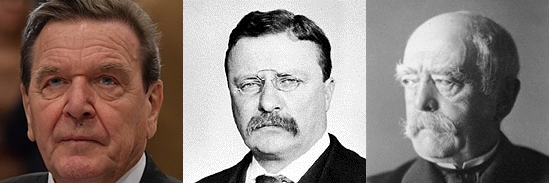
Theodore Roosevelt (26th President of the U.S.),
Otto von Bismarck (first Chancellor of Germany)
Schröder, Roosevelt, and Roh Moo-Hyun
Q. Forming a coalition government is, by all means, important. However, there are cases where the ruling political parties changed their policy positions to tackle national issues. What are your thoughts on this matter?
A. I believe that we will be able to make greater reforms when coalitions are formed under shared policy agendas and when parties take the initiative to pursue policies that contradict their usual stances. There are many great examples of this. The Hartz employment reforms initiated by Chancellor Gerhard Schroeder are a case in point. Despite being the leader of the Social Democratic Party (SPD), Schröder introduced proposals to reduce welfare benefits and reform the labor market. This was in direct contradiction to the demand of the party’s supporters. Had the Christian Democratic Union of Germany (CDU) put forth such proposals, Germany would have been thrown into political turmoil. Another example can be found in the early 20th century U.S., when President Theodore Roosevelt, a Republican, took on Standard Oil Co., J.P. Morgan, and other monopolies to ensure fair market competition. South Korea also has a similar experience with President Roh Moo-Hyun. He believed that global competitiveness was just as important as human rights and welfare and pushed ahead with negotiations on the ROK-U.S. free trade agreement despite opposition from his supporters. Throughout history, governments that have managed to win a concession from their supporters and have leveraged this opportunity to create change have not only succeeded in bringing about necessary changes but have also improved people’s livelihood afterward. There are many examples of this. The DJP coalition (a coalition established between Dae-Jung Kim and Jong-Pil Kim), which has led South Korea out of the Asian Financial Crisis, is, in fact, a case in point.
“586 Generation will have to look back and reflect on things.
Otherwise, they will hold back progress.”
Q. It seems that a growing number of people believe it is time for the 586 Generation* to stay out of South Korea’s politics.
(*Refers to a generation of Koreans currently in their 50s, that have attended universities in the 80s and were born in the 60s.)
A. Democracy as a movement and democracy as a system are two very different things. While the former refers to the transition to democracy, the latter deals with how we operate a democratic republic nation. As a movement, democracy is a matter of resistance and justice. However, as a system, it focuses more on the ethics of responsibility and political competence, and it ultimately seeks to unite people. And due to several reasons, South Korea’s democracy is yet to mature into a system that is grounded in the principle of checks and balances. Though we have made a transition into an electoral democracy, representative politics is yet to be fully realized in South Korea. There have also been many ideological conflicts, and strong regionalism can be found across the nation. And with every election dividing our people into political fandoms, we have become accustomed to politics of dominance. We should have moved toward a political system that perceives other parties not as enemies but as partners when the military rule ended in 1987. However, this did not happen, and power has become more centralized in Korean politics.
The 586 Generation, without a doubt, has made great contributions to our history. And they still have a role to play today. What the public is asking them to do, is not for them to leave politics altogether, but to look back and reflect on things. And the 586 Generation should look beyond their experiences from the democratic movement period to build policies that consider changes that have occurred, including industrialization, democratization, and other new geopolitical trends. These efforts are what is required of democratic citizens. Without these actions, the generation could very well become obstacles to the development of democracy, despite their contributions to the democratic movement. It is imperative that they take time to reflect on these issues to prevent a backslide into monopolies of power. You can grasp the gravity of this situation when you consider that progressive political scientist Jang-Jip Choi has expressed his concerns about the current politics of exclusion and monopoly.
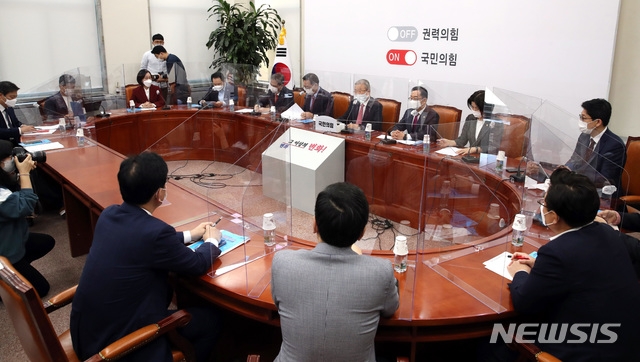
“The opposition party is out of touch with the current state of people’s livelihood.”
Q. What are your thoughts about the opposition party?
A. I think the same can be said about our opposition party. Their political ideologies and paradigms are outdated in that they remain largely unchanged from what they have been like when they were formed during a period of rapid growth and the Cold War. They are out of touch with people’s livelihoods. Plus, they lack an understanding of the unique characteristics of the younger generation and display dismissive attitudes. Their list of problems goes on, and we need them to address these issues and foster innovation. We need our parties to compete against each other to improve our political system. Derogatory attitudes will do nothing but hurt both progressive and conservative parties by making them look obsolete. We must bear in mind that without a complete overhaul of our politics, our political parties will not only fail to bring about change but will also lose public trust.
“Now is not the time to discuss fiscal soundness.
We should be focusing on how to spend our money wisely.”
Q. The most pressing issue in this age of the pandemic is the economy. What are your thoughts on this matter?
A. South Korea was able to “catch up” with other nations by adopting a “catch-up model” of growth during the period of quantitative growth. Not many countries are as globally competitive as South Korea today. Our manufacturing sector, in particular, still has a competitive edge over others. Yet, I believe that our success with quantitative growth is what held back our preparations for the digital platform economy and the age of software. In other words, we failed to make a proper transition from quantitative to qualitative growth.
Having said that, if you look at South Korea right now, you will find that disputes, like the one on whether we should provide emergency relief funds for all or a select group of people, dominate the political landscape. What is important now is how we spend public money wisely. And with prospects of a prolonged pandemic, we must endeavor to keep our economy afloat and make structural reforms to improve our economic system. In circumstances that demand economic relief and damage control measures, the government should implement expansionary fiscal policies with no holds barred. Now is not the time for us to discuss fiscal soundness. Instead, we should provide support for people in need and make efforts to innovate government spending to increase the growth potential of our economy. We need to set mid to long-term fiscal goals, reduce poor uses of public funds, and increase the efficiency of expenditure programs, along with the efforts to conduct proper evaluations of budgets. In other words, we need a “sound budget system.”
Damage control and relief package measures have become the heart of government policies both in and out of South Korea. Countries across the world have historically low interest rates, and governments are implementing expansionary fiscal policies. Many people are concerned that a threat of an asset bubble looms over our heads. However, this does not mean that we can cut back on relief measures. What is important now is that we use our “stethoscope” to detect, monitor, and handle any risks that emerge today. An example of a risk for South Korea is the accumulation of household debts. Right now, South Korea’s household debt-to-disposable income stands at 160%, which is one of the highest in the world. This accumulation of debt is closely linked to the housing market and chronically undermines South Korea’s foundation of domestic demand.
We need our government to pursue efforts that go hand-in-hand with measures that address our chronic woes by improving the structure of the economy. Surely, it is time for our political parties to work together and address long-standing issues, like technological hegemony, global value chain changes, productivity, regulation reforms, and entrepreneurship environment. I believe that South Korea will be able to emerge from the pandemic as a leader if our parties come together to take action.
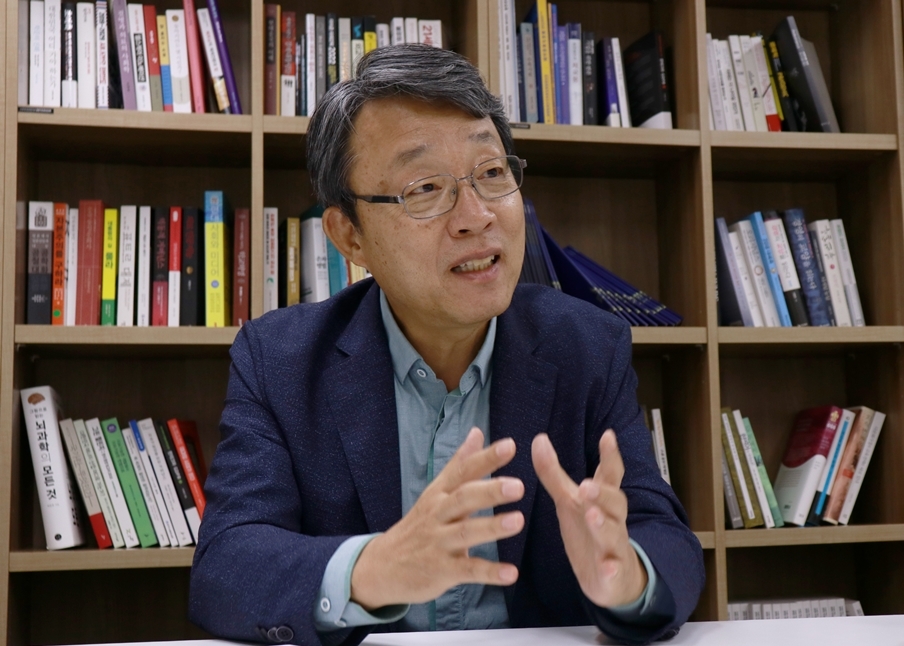
“Labor market dualism undermines the growth of our economy.”
Q. What are some areas that you think are in urgent need of action?
A. First and foremost, we must make reforms to our labor market to eliminate its dual structure. The current system grants regular workers strong bargaining powers and protections, including clauses that cover their pay, working conditions, and dismissals. On the other hand, non-regular workers and subcontractors are obligated to assume all responsibilities and liabilities of businesses. In other words, we are living in a “blame game” society, and this negatively affects the growth of our economy. It takes a heavy toll on our society by creating conflicts, and it also gives rise to talent shortages in many sectors by discouraging qualified people from seeking employment in areas of their interest. Considering that we are living in a world where having one extraordinary talent could mean job opportunities for many others, such a situation is unacceptable. And this problem will not solve itself if we leave it to society to develop a social consensus on its own. We need our political parties to make a bipartisan effort to come up with a solution and build a social consensus on this issue.
“We must strengthen our social safety nets
to promote innovation in the economy.”
Q. It sounds like we would need to work on strengthening both our social safety nets and welfare.
A. Facilitating innovation, regardless of whether it is for the economy or the society, requires stronger social safety nets. Without them, we would be asking the public to solve their problems on their own, and this would hardly provide a reason for the public to put their faith in the government. The lack of such efforts is why we have real estate speculation and speculation on mortgage loans. Though I am sure some of the purchases are for purely speculative purposes, most people have turned to these activities because investment in real estate properties and securities can increase one’s assets in this age of low interest rates and create a safety net for people to fall back on once the need arises.
Unless we reinforce our social safety nets, our receptiveness to innovation will remain low, and progress will not occur. This is why the opposition party must recognize the importance of welfare reforms. Chancellor Bismarck, for instance, believed that he had to address poverty first to resolve social conflicts and achieve national development. Under this belief, he created the employment insurance and statutory occupational accident insurance system despite his conservative roots. I believe that South Korea’s welfare system should also be expanded and reformed to ensure the effective delivery of welfare services for those who need them the most.
But of course, this creates another problem. Over the past decades, job creation has been the overriding theme of the majority of our welfare programs. However, circumstances have changed, and this is no longer viable. Underemployment has increased to the point where our welfare system and social safety nets can no longer provide sufficient support for workers, and artificial intelligence is increasingly revealing itself as a threat to human jobs. Against this backdrop, I believe that we should continue reviewing basic income policies for South Korea over a long period of time while we innovate our social safety nets by implementing a negative income tax system that will provide tailored income support programs for people below a certain income level and by creating policies that will ensure a minimum threshold of wealth for the youth.
“We have to remove obstacles that prevent M&A of corporates and startups.”
Q. Do you have any topics that the 21st National Assembly should address?
A. When I was the Chairman of the Special Committee on the 4th Industrial Revolution of the 20th National Assembly, I worked to bridge the gap between the parties to introduce policies on the protection of personal information, including three data-related laws, and to enable the usage of anonymized data. Though there are things that could have been done better, the laws that we drafted have been passed, and the government is currently working on their follow-up measures. Under these circumstances, I believe that we should now re-examine our policies to make sure that they do not create barriers that undermine the development and the use of big data. We also need to review our personal data protection laws and our major committees to identify any gaps that may exist and to conduct further discussions on this matter. The government should also take the initiative to increase the openness and promote the datafication of public documents and cloud technology, so long as they do not pose a threat to the life and safety of Koreans.
I hear that the government is considering the idea of allowing holding companies to create corporate venture capital (CVC), and I welcome this discussion. In the past, the so-called “powerful” conglomerates or firms have often engaged in talent poaching and technology theft activities and had little interest in creating an innovative ecosystem. Creating CVCs under the traditional regulatory frameworks would have been difficult. However, circumstances have changed, and things are different from the industrial period. We are now living in an age of open innovation. And in this new age, large firms have the responsibility to invest in promising startup businesses and engage in M&A activities, even at the risk of failure, to create opportunities for co-prosperity, just as Google’s parent company Alphabet Inc. has done. Startups, in their early stages, have little effect on job creation. It is in the scale-up process where they start making an impact, and M&As play a vital role in integrating startups into the market, generating revenue streams, and making sure that businesses function properly. And if we consider that M&As also create technology synergies, it becomes clear that we have to provide an environment that encourages large conglomerates to merge with or acquire startups. If we take these actions, we will be able to increase the future competitiveness of our firms. We will certainly have to take action against unfair trade practices between companies. However, I believe that we should also avoid putting excessive controls on the types of companies and their field of activity, to allow businesses to operate in a more accommodating environment. We need to change our economic policies to update and adapt our laws to the demands of the Open Innovation era. And on the topic of regulatory reforms, I believe that we should be making big strides toward our goal instead of baby steps and that we need to reach across the aisle to make actual progress happen on this issue. In addition, I would like to suggest that the government take a “package” approach to reforms, which means that we should reform the commercial law to prevent chaebol leaders from abusing their powers while we ease regulations on the CVCs.
“The government should remain as an accelerator of change.”
Q. What are your thoughts on the Green New Deal and other recent government policy initiatives?
A. The government should not try to solve everything on its own. It should be acting as a “catalyst, not a driver” of change. This means that it should not be promoting certain industries and businesses like it has done so in the past by naming “eight leading sectors” and “five key areas of public programs.” What it should be doing instead is developing private sector innovation capacity and fixing the dual labor market to create an enabling environment that encourages companies to create more jobs. Instead of blindly spending money on select sectors, I believe that it would be more appropriate for the government to focus on strengthening our social safety nets to ensure that people have something to fall back on in the event that their business becomes insolvent. If we want to facilitate inclusive growth in South Korea, we have to innovate our post-school education and vocational training system. The government will also have to create and invest in a system that helps to grow and upskill our workforce. Rapidly increasing the minimum wage will not get us there.
For many years, we have turned a blind eye to these important issues. As a result, these issues have become deeply entrenched in our society. We can make no progress by laying out blueprints that lack the bipartisan support that is needed to “treat” our underlying conditions. What we need, on top of the efforts from various sectors to address these issues, is a change in our nation’s politics It is a daunting task, and it is a challenge that requires policymakers to step out of the comfort zones that have formed over the years with our experience of industrialization and democratization. Even so, I hope that the next presidential elections would become an opportunity for us to discuss ways forward in relation to the coalition government.
There is no need to overcomplicate our discussions on the economy and society. What we need are efforts to improve productivity and competitiveness on one side while we strengthen our social safety nets on the other. We should not get ourselves stuck in a left-right paradigm on this matter because we need both perspectives to get the job done. And upskilling our workforce is the most important action that we can take to drive growth in South Korea. For this reason, the government must become a “stepping stone” to facilitate the transition into a “learning society” and provide the foundation for individuals to hone their skills and increase their competitiveness. In fact, this is the single-most-important role of our government. However, policies that recognize this often do not attract voters, and their results are hard to showcase to others. Even so, I hope to see bold action from our government to raise issues that will have to be addressed to prepare for the future and sow the seeds for growth and co-prosperity, even if these actions do not produce an immediate response from the public.
< Copyright holder © TAEJAE FUTURE CONSENSUS INSTITUTE, Not available for redistribution >

